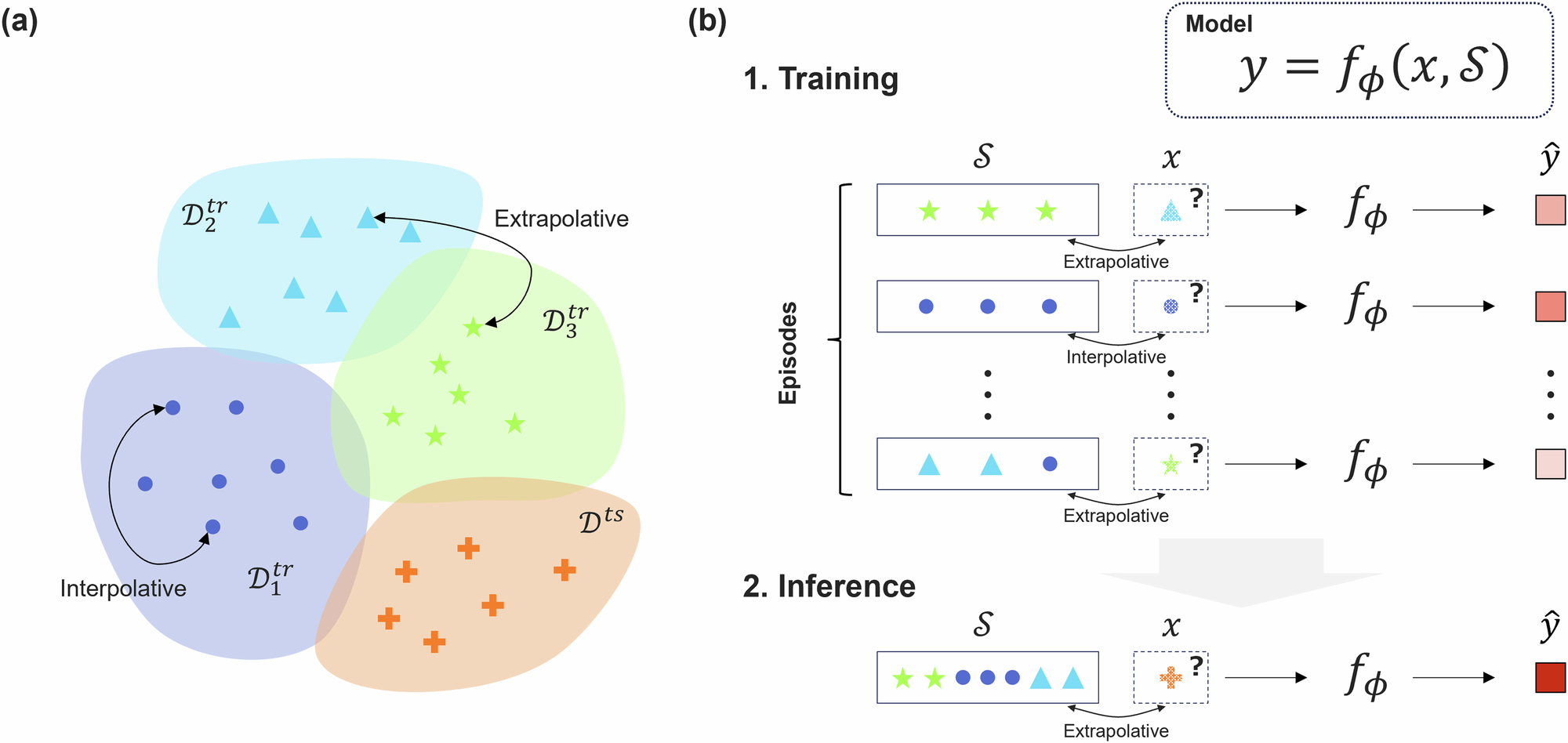2025-03-03 統計数理研究所
<関連情報>
外挿的エピソード訓練を用いた学習による材料特性の外挿的予測の進展 Advancing extrapolative predictions of material properties through learning to learn using extrapolative episodic training
Kohei Noda,Araki Wakiuchi,Yoshihiro Hayashi & Ryo Yoshida
Communications Materials Published:22 February 2025
DOI:https://doi.org/10.1038/s43246-025-00754-x

Abstract
Recent advancements in machine learning have demonstrated its potential to significantly accelerate the discovery of new materials. Central to this progress is the development of rapidly computable property predictors, which allow identifying novel materials with the desired properties from vast material spaces. However, the limited availability of data resources poses a significant challenge in data-driven material research, particularly hindering the exploration of innovative materials beyond the boundaries of existing data. Although machine-learning predictors are inherently interpolative, establishing a general methodology to create an extrapolative predictor remains a fundamental challenge. In this study, we leveraged the attention-based architecture of neural networks and a meta-learning algorithm to enhance extrapolative generalization capabilities. Meta-learners trained repeatedly on arbitrarily generated extrapolative tasks show outstanding generalization for unexplored material spaces. Through the tasks of predicting the physical properties of polymeric materials and hybrid organic–inorganic perovskites, we highlight the potential of such extrapolatively trained models, particularly their ability to rapidly adapt to unseen material domains in transfer-learning scenarios.



